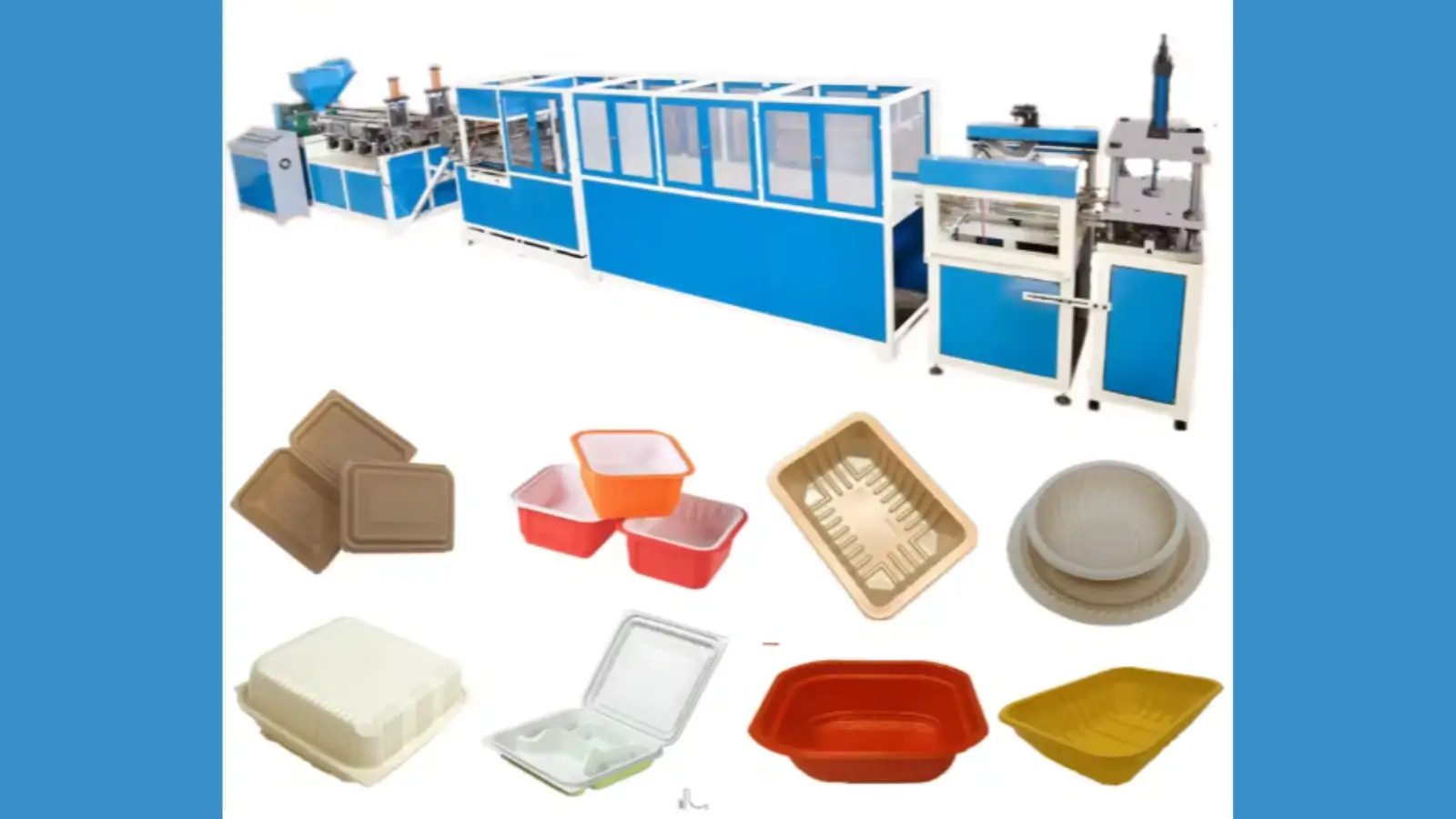


Factory machines form the Greek pillar of efficiency in modern manufacturing. They do monotonous work of high accuracy, which would otherwise be difficult or time-consuming for human task dispensers. Using the machines in production lines, factories are in a position to produce more without a decline in quality.
Automated conveyors, robotic arms, and CNC are among the machines that are used to make production more efficient, as companies are not forced to increase their labor workforce when faced with increased demands. Such a union of technology is turning simple factories into smart and efficient manufacturing plants
The factory machines are effective in the operations. Automation will help businesses to save on downtime as well as accelerate the production cycles since it automates repetitive tasks. This means quicker delivery and an increased ability to deliver bulk orders.
To illustrate, it may take a robot package machine to sort, package, and label products at a faster rate than manual ones. Equally, the industrial sewing or cutting machines are capable of giving consistent outputs without getting tired, and hence do not give a varying quality in the run of production
The precision of the factory machines is one of the greatest benefits of machinery. Errors on the part of humans in the manufacturing process cause waste of materials, cost increments, and delays. The machine processes automation and makes use of precise specifications in order to produce products that are accurate in their parameters, augmenting accuracy and saving resources.
Material costs: By eliminating many of the errors, the companies save on materials as well as the amount of waste in the environment during the production of cases in error. Quality standards will be upheld due to reliable machines, and therefore, the quality will enhance the reputation of the brand.
The factory machines nowadays are created to be versatile. Most systems are able to be programmed or even modular, giving the ability to readjust production processes as the market demands change. This flexibility is especially good in the case of those businesses producing made-to-order or seasonal goods.
New designs, materials, or different outputs can frequently be accommodated on the machines by reconfiguration. This adaptability enables the manufacturers to act in response to the customer needs in a timely way without compromising efficiency.
The factory machines should also be serviced from time to time to ensure that there is a maximum gain in benefits. Proper maintenance prolongs the equipment's duration, ensures a steady operation, and removes costly breakdowns. The necessary steps to maintain high efficiency of the machine are periodic maintenance services, supplying the operator with training, and monitoring the performance of the machine.
The factory machines play a significant role in contemporary manufacturing since they increase the efficiency, accuracy, and flexibility in production. Their investment in well-maintained, reliable, and flexible machinery will also enable the companies to address the increasing demands, and the costs involved will be lower, and the wastage will be less. The efficiency involved in streamlining production processes will assist in enhancing the sustainability of the company even during the current industrial age of progress, in addition to offering quality products on a regular basis.